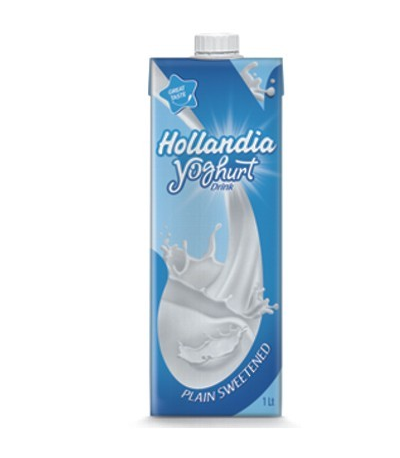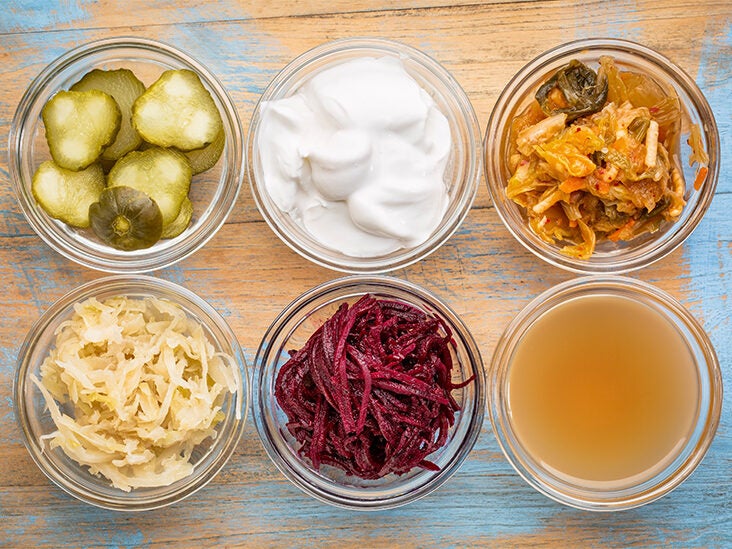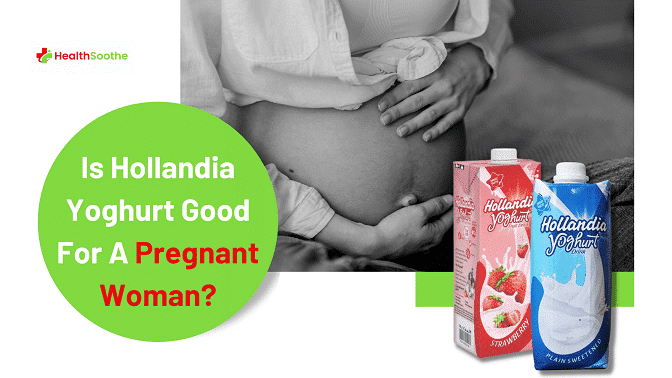Pregnant women who consume more dairy products during their pregnancy have an easier time losing the weight they gained during their pregnancy, which helps them return to their pre-pregnancy weights faster than women who don’t eat as much dairy while pregnant.
There are several advantages of having yoghurt in your pregnant diet.
Women who are pregnant and eat more dairy products also tend to have healthier kids than women who don’t consume as much dairy while pregnant.
- What Is Hollandia Yoghurt?
- How Can Hollandia Yoghurt Benefit Your Baby During Pregnancy?
- What Happens If You Don’t Have Enough Probiotics In Your Diet?
- What Are Some Health Benefits of Eating Natural Live Probiotic Bacteria?
- When Do I Need To Start Eating Probiotic Foods Such as Hollandia Yoghurt?
- Should All Mothers Eat Hollandia Yoghurts While Pregnant?
- Can I take supplements instead of eating probiotic foods?
- What are the different types of probiotic foods available in grocery stores today?
- Should all pregnant women eat yoghurt during their pregnancy?
What Is Hollandia Yoghurt?

HOLLANDIA YOGHURT is a delicious, healthy yoghurt drink that mixes yoghurt's richness with the freshness and vitamins of fruit. It's energising, exhilarating, and deliciously smooth, ensuring your inner and outward well-being with every drink.
It contains some probiotics. Probiotics are live, active microorganisms that may help promote healthy digestion and support immune function.
Lactobacillus bulgaricus, Streptococcus thermophilus, Bifidobacterium lactis, Lactobacillus acidophilus and Lactobacillus casei found in Hollandia yoghurt are some good examples of probiotics. They are naturally occurring good bacteria in your gut that aid digestion.
Read Also: The Smoothie Diet Affiliate Program | Everything you need to know
How Can Hollandia Yoghurt Benefit Your Baby During Pregnancy?
Hollandia yoghurt contains a rich mix of vitamins and minerals that can help you meet your nutritional needs during pregnancy.
Hollandia also promotes a healthy digestive system, which is helpful both during pregnancy, when gas, constipation, nausea and other uncomfortable symptoms can be commonplace, as well as afterwards when solid foods (finally!) make their way back into your diet.
Hollandia Yoghurt is lactose-free, meaning even if you are lactose intolerant or have trouble digesting dairy products during pregnancy—many women do—yoghurt from Hollandia's state-of-the-art facility won't bother you at all. It might feel like medicine!
What Happens If You Don’t Have Enough Probiotics In Your Diet?
Many people are eating more fermented foods these days, including yoghurt. However, not all yoghurts are created equal.
If you’re pregnant or planning on getting pregnant, your diet is going to play a major role in helping you conceive—so choosing right when it comes to food is incredibly important.
One product that’s worth paying attention to is Hollandia yoghurt because it contains bacteria strains similar to those found in healthy intestines.
This makes sense because it’s beneficial for probiotic levels in our gut to stay at certain levels. Otherwise, bad bacteria will start competing with good bacteria.
Sometimes probiotics get out-competed by bad guys and lose their ability to survive.
What Are Some Health Benefits of Eating Natural Live Probiotic Bacteria?
A 2004 study published in Applied Environmental Microbiology looked at three varieties of Hollandia yoghurt, which contains a wide range of health-promoting bacteria, known as probiotics.
Women who ate three servings per day had a statistically significant decrease in bacterial vaginosis (an imbalance between good and bad bacteria that can cause vaginal infections) compared with women who didn't eat any yoghurt.
This suggests that eating healthy levels of live probiotic bacteria may play an important role in keeping bacterial vaginosis at bay.
When Do I Need To Start Eating Probiotic Foods Such as Hollandia Yoghurt?

While it’s generally recommended that everyone eat at least four servings a day, if you’re pregnant it can be hard to fit these foods into your diet.
That said, there are some great ways to get more probiotic foods in your diet, like making sure that you have yoghurt before or after each meal.
Hollandia yoghurt is full of probiotics, which are essential for a healthy pregnancy. This includes anything from vaginal health to digestive health.
If you do happen to develop diarrhoea while pregnant (very common), Hollandia yoghurt can help quickly relieve any symptoms that occur; it will also replenish bacteria levels in your body so that you no longer have loose stools.
Should All Mothers Eat Hollandia Yoghurts While Pregnant?
Many experts agree that a pregnant woman should also increase her intake of probiotic foods.
Additionally, if you want your little one to come out with a healthy immune system, eating probiotic foods may help improve their gut flora before they’re even born.
For example, pregnant women who drink unsweetened Hollandia yoghurt are more likely to have babies with fewer intestinal infections than those who don’t, according to research published in the January-February 2009 issue of International Dairy Journal.
Eating foods high in probiotics such as kefir and unsweetened organic yoghurt can reduce your risk of developing both vaginal yeast infections and bladder infections while pregnant.
Can I take supplements instead of eating probiotic foods?
While some probiotic foods can provide certain benefits for pregnant women, taking a supplement is just as good, if not better.
Probiotics are often added to foods like yoghurt that we eat every day anyway, so rather than trying different probiotic foods in your diet, it's likely you'll get everything you need by taking a supplement.
If you're not comfortable taking supplements during pregnancy or wish to ensure that you're getting all your required nutrients from food, then combining yoghurt with other foods high in probiotics will still help support your immune system throughout pregnancy.
You should check with your doctor before using any supplements but most of them will be fine once you've passed your first trimester.
What are the different types of probiotic foods available in grocery stores today?
There are a variety of probiotic foods out there. With all these options, how do you know which one is best for you?
When it comes to yoghurt, in particular, there’s one type that has been proven scientifically as providing excellent benefits during pregnancy: Hollandia yoghurt.
Hollandia uses specific strains that have proven ability to enhance lactation (Breastfeeding), regulate the menstrual cycle in women with PCOS or irregular cycles, relieve PMS symptoms, decrease blood sugar levels, boost immune system function and much more!
Should all pregnant women eat yoghurt during their pregnancy?
Research is limited, but there’s plenty of reason to believe yoghurt could benefit your health as you enter pregnancy.
Some research shows that women who eat at least one serving a day are less likely to gain excess weight during their pregnancy.
In turn, that lower weight gain has been linked with a better birth outcome in both moms and babies.
Plus, when you eat more protein-rich foods during pregnancy (like yoghurt), it can be harder for some women’s bodies to break down fats which may also result in smaller babies.
And while it might not sound like a good thing, new research suggests it could even lower your child’s risk for heart disease later in life.
My name is Wisdom Bassey, I’m a blog content writer and graphic designer who provides support and services for brands and different companies. I’m young and versatile, A tech enthusiast. I carry out deep research on every topic I choose to write about. You can reach me through my social media handles, I’m always available and ready to connect.
The content is intended to augment, not replace, information provided by your clinician. It is not intended nor implied to be a substitute for professional medical advice. Reading this information does not create or replace a doctor-patient relationship or consultation. If required, please contact your doctor or other health care provider to assist you to interpret any of this information, or in applying the information to your individual needs.


